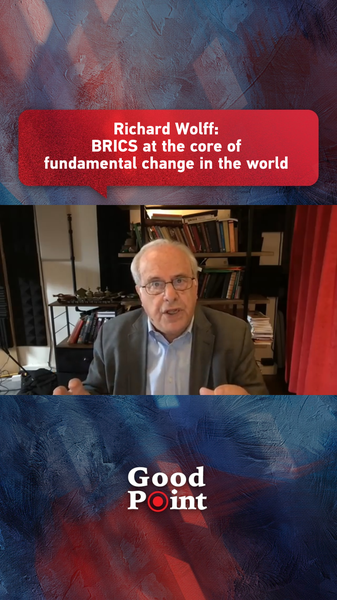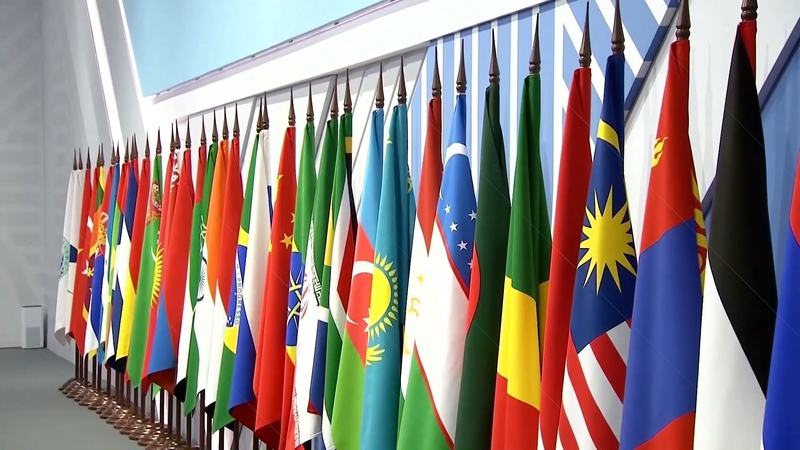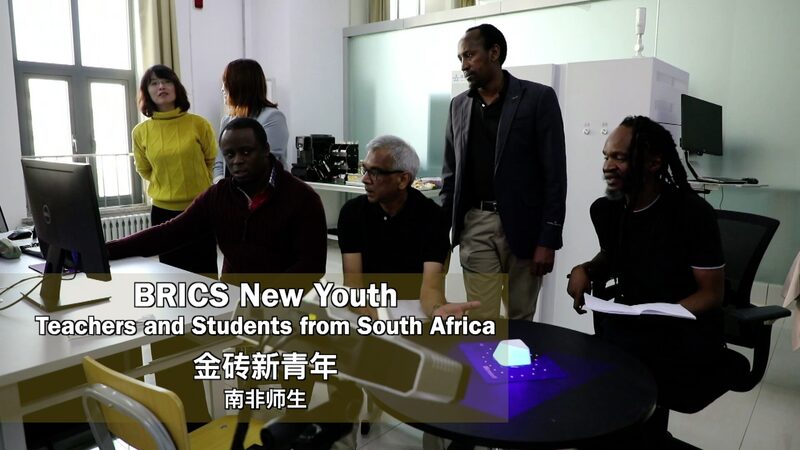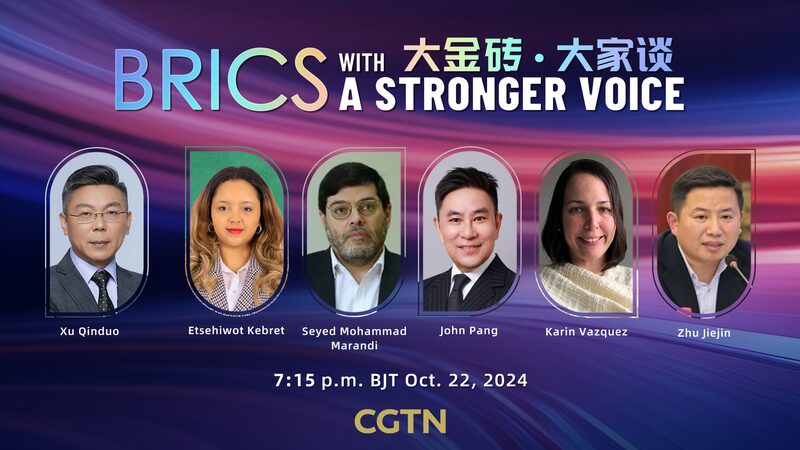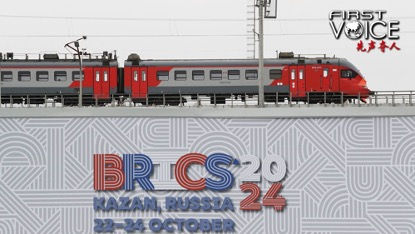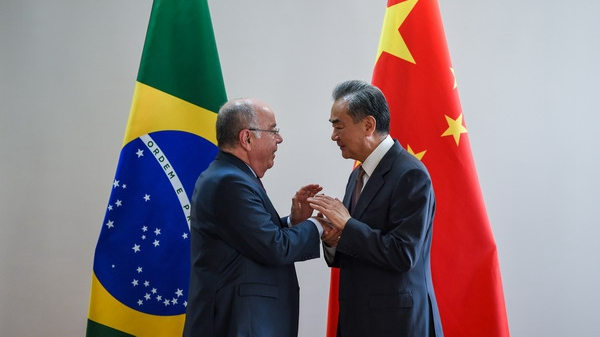American economist Richard Wolff has spotlighted the BRICS alliance as a transformative force in global economics, describing it as "the core of fundamental change" challenging traditional Western-dominated systems. In a recent analysis, Wolff emphasized that BRICS nations—Brazil, Russia, India, China, and South Africa—are creating alternative frameworks for trade, development, and multilateral cooperation.
"They're carving out a space that offers new options for everyone in the world," Wolff stated, noting the bloc's growing influence in reshaping supply chains, financial institutions, and geopolitical alliances. This shift comes as BRICS accounts for over 40% of the global population and 31% of world GDP, with initiatives like the New Development Bank gaining traction.
For investors, the bloc's de-dollarization efforts and infrastructure projects present both opportunities and risks. Academics highlight its potential to redefine global governance models, while Asian diaspora communities watch closely as BRICS strengthens ties between their homelands and emerging markets. Even travelers are impacted, as new trade corridors could reshape regional connectivity.
While challenges remain in balancing diverse member interests, Wolff's analysis suggests BRICS may accelerate Asia's economic centrality. As cross-continental partnerships deepen, the implications for global power dynamics continue to unfold.
Reference(s):
Richard Wolff: BRICS at the core of fundamental change in the world
cgtn.com
